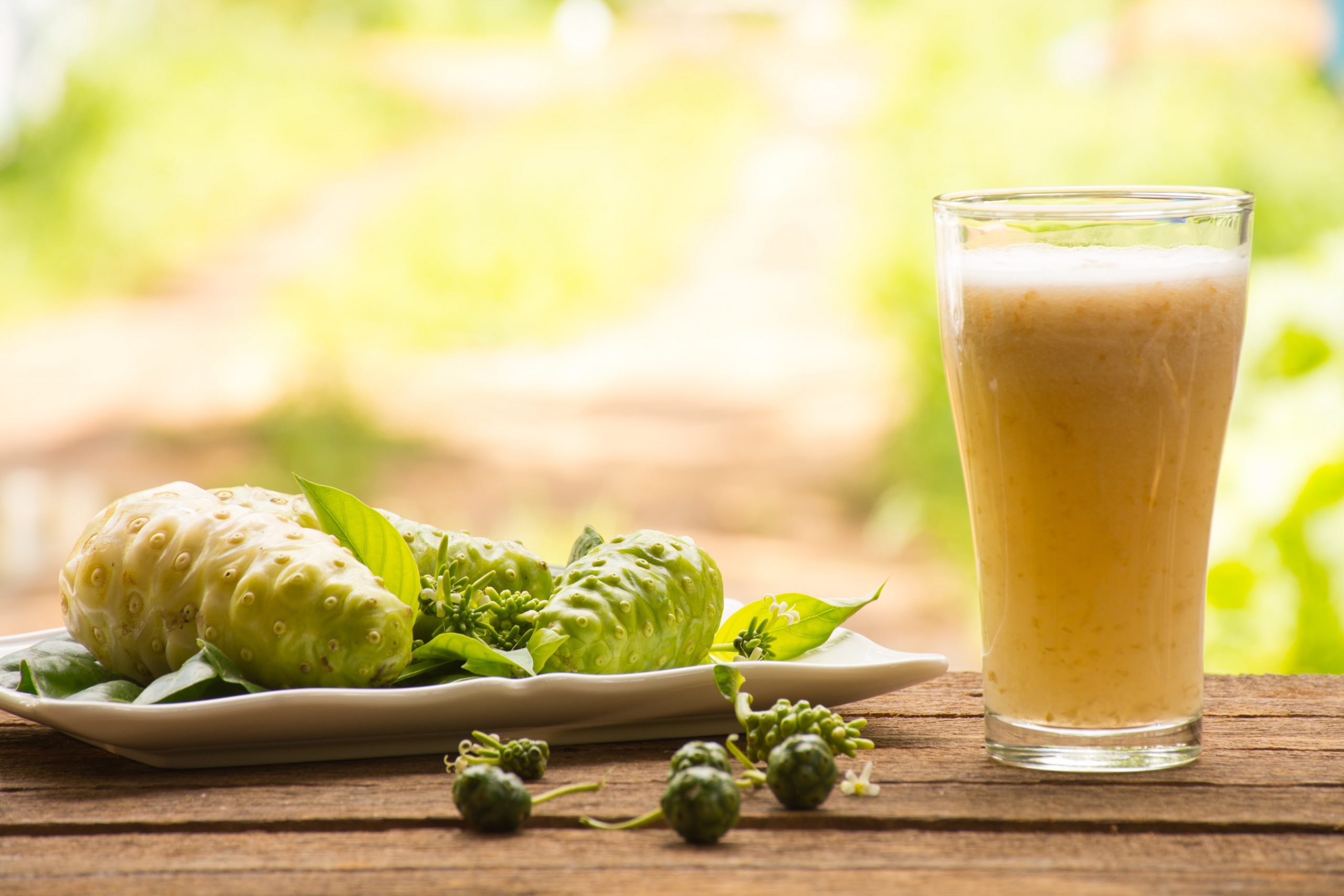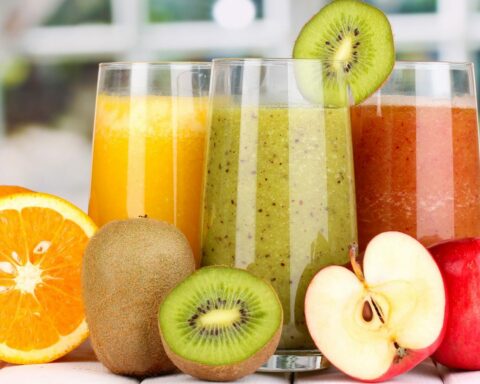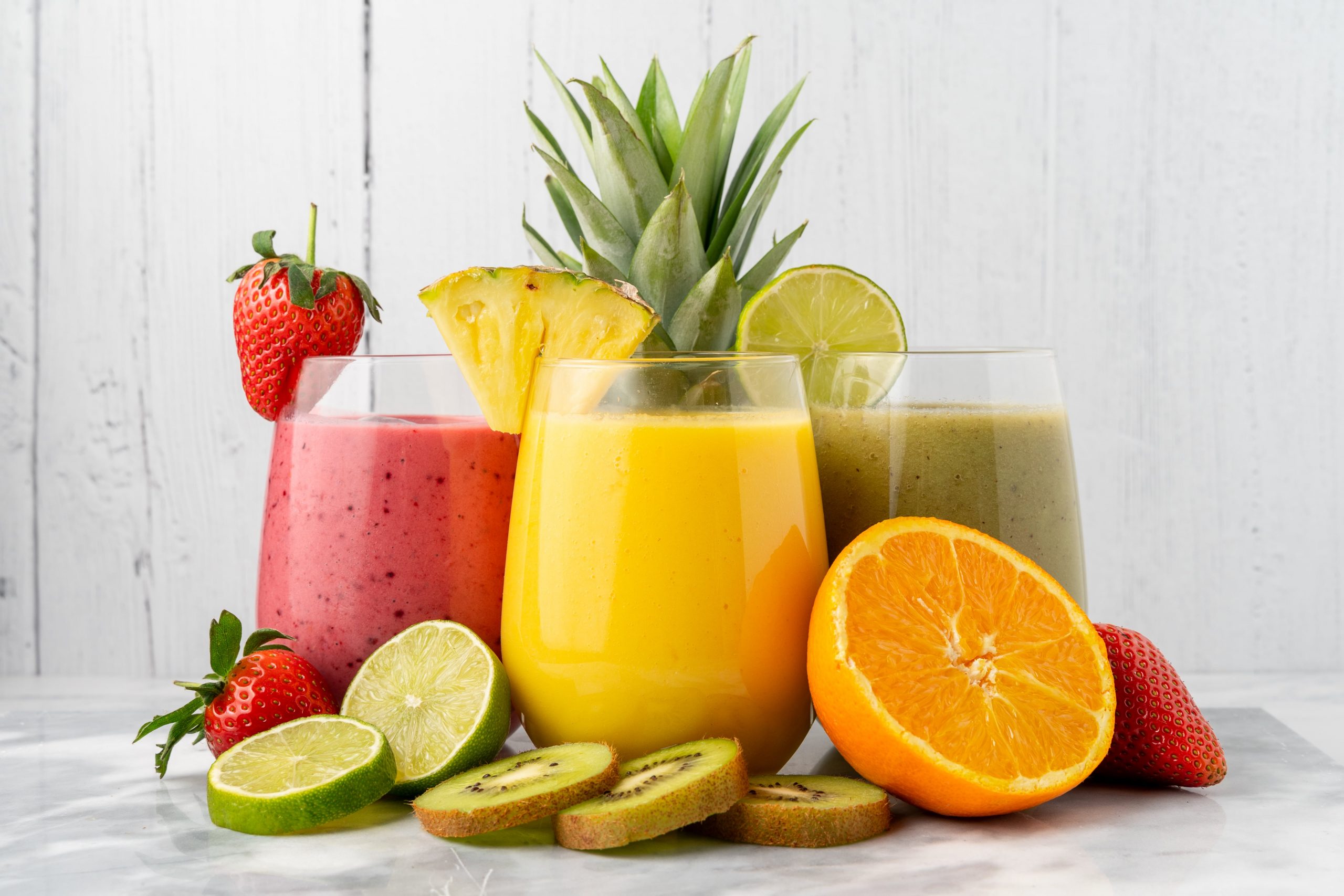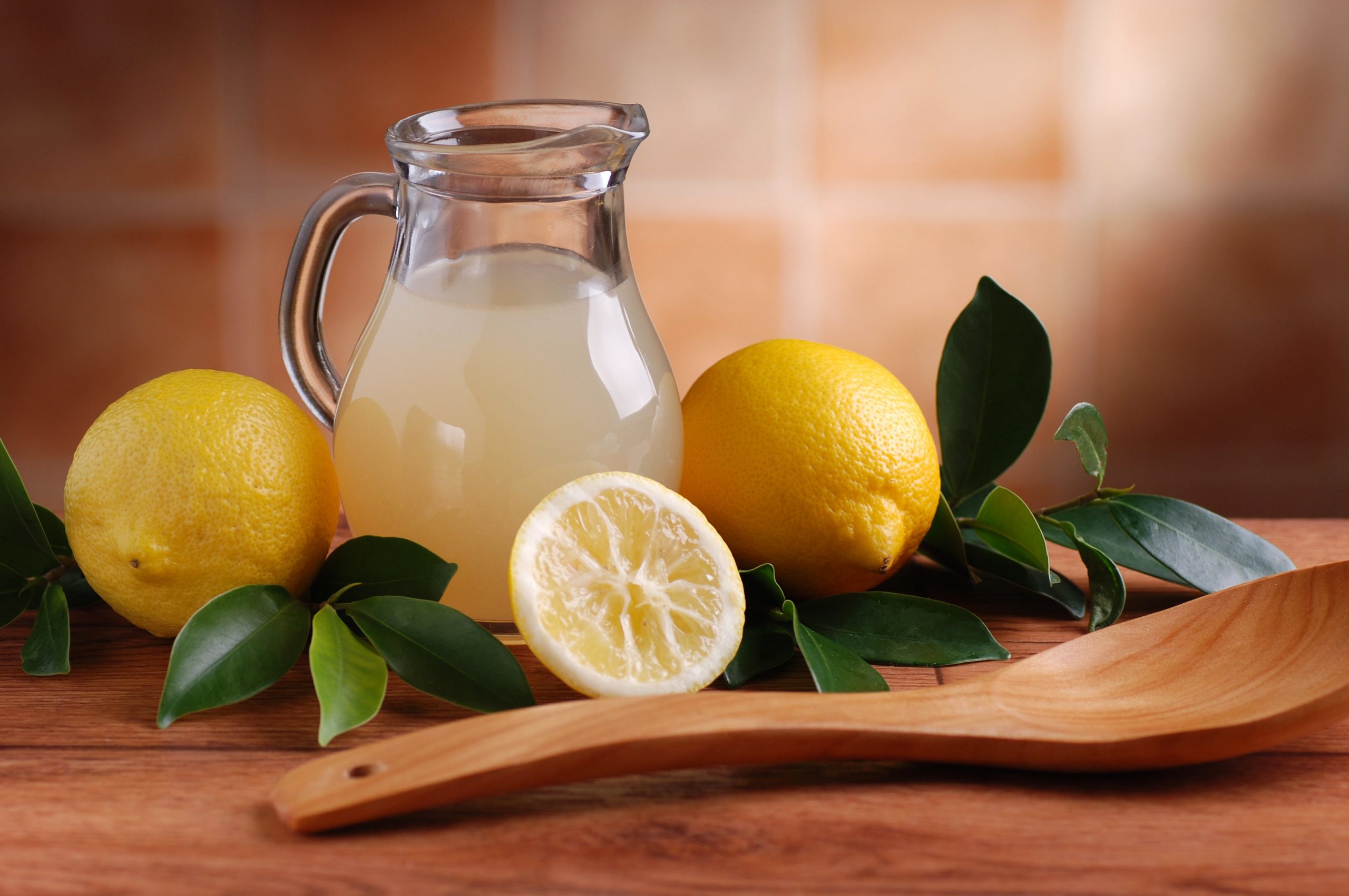Noni juice is a drink extracted from a tropical tree (morinda citrifolia). The tree grows naturally in Southeast Asia, where the fruit is part of traditional medicine. Noni (pronounced NO-nee) is a mango-sized, lumpy fruit with a yellow color. It is bitter and has a special odor that is sometimes compared to stinky cheese.
Noni juice is loaded with potent antioxidants that may supply several health benefits. Polynesian people have utilized it in traditional folk medicine for decades. Mostly it is used to diagnose health issues such as infections, arthritis, pain, and constipation. Noni is mostly taken as a juice blend, and both its fruit and leaves are used as traditional foods in the cultures near Pacific Islands and Southeast Asia.
The fruit has a strong and bitter flavor, and due to its high spread across the globe, it is important to discuss it exhaustively and enlighten people of its health potential. This blog will disclose the nutrients, health benefits, and side effects of noni juice.
Nutritional Content
The nutritional content of noni differs, at least according to research. A study conducted analyzed 177 different brands of juices and realized significant nutritional variability among them. That explains why noni juice is often blended with various fruit juices. Alternatively, sweeteners are added to cover up its bitter taste and foul odor. The most known brand on the market and largely used in studies is Tahitian Noni Juice, produced by morinda.
This blend comprises 89% noni fruit and 11% grape and blueberry juice concentrate. Analytically, the nutrients contained in 100 ml (3.5 ounces) of Tahitian Noni juice includes 11 grams’ carbs, less than 1-gram protein, 8 grams of sugar, 47 calories, less than 1-gram fat, 17% of the Reference Daily Intake (RDI) Biotin, 33% of the RDI vitamin C, 4% of the RDI magnesium, 3% of the RDI potassium, 3% of the RDI calcium and 6% of the RDI folate.
Furthermore, the juice comprises carbs and a high level of vitamins vital for skin and immune health. It is a rich source of folate and Biotin-B vitamins that serve many essential roles in the body, including converting food into energy.
Health Benefits
May Lower Cellular Damage from Tobacco Smoke
A Food Science and Nutrition research found that noni juice lowered oxidative damage in heavy tobacco smokers. Scientifically, tobacco smoke comprises thousands of toxic chemicals and carcinogens. These substances destroy the DNA and cause oxidative damage in cells. Exposure to tobacco smoke produces hazardous amounts of free radicals. Excessive levels can cause cellular damage and lead to oxidative stress.
In research, heavy tobacco smokers were served 4 ounces (118 ml) of noni juice per day. After 4 weeks, they experienced a 30% reduction of two common free radicals compared to their baseline levels. Generally, tobacco smoke is known to cause cancer, and certain toxic chemicals from tobacco may stick to cells in the body and cause tumor growth. Noni juice may lower levels of these cancer-causing chemicals. Several clinical studies found that consuming 4 ounces (118 ml) of this juice for 4 weeks lowered the levels of cancer-causing chemicals in tobacco smokers by approximately 45%.
After 3 months, they experienced a significant reduction in the severity and frequency of arthritis pain and boosted their quality of life. Arthritis pain is usually linked with elevated inflammation and oxidative stress. The juice offers natural pain relief by lowering inflammation and preventing free radicals.
May Boost Endurance During Exercise
Noni juice may boost physical endurance. Pacific Islanders acknowledged that consuming the fruit energized the body during long fishing trips and voyages. Some studies show positive impacts of drinking it during exercise. For instance, a study of three weeks offered long-distance runners 3.4 ounces (100 ml) of the juice or placebo twice daily.
The group that consumed the juice experienced a 21% elevation in average time to fatigue, which is an indicator of improved endurance. The escalation in physical endurance linked with noni juice is likely related to its antioxidants- which may reduce the damage to muscle tissue that usually happens during exercise.
May Relief Joint Pain
Over the decades, no fruit has been used in traditional folk medicine for its pain-relieving effects—and some research anchors on this fact. One-month research on people with degenerative arthritis of the spine consumed 0.5 ounces (15 ml) of noni juice twice daily. Researchers reported an appreciable lower pain score with the complete soothing of neck pain in 60% of participants. In a certain study of people with osteoarthritis, each consumed 3 ounces (89 ml) of the juice regularly.
May Promote Heart Health in Smokers.
Noni juice may promote heart health by reducing cholesterol levels and lowering inflammation. Good cholesterol has multiple functions in the human body, but certain types in excess may accrue risks of heart disease. One study found that taking about 6.4 ounces (188 ml) of the juice daily for 4 weeks significantly lowered LDL (bad) cholesterol levels and the inflammatory blood marker-reactive protein. Research shows the juice can reduce cholesterol levels in heavy smoke.
May Enhance Immune Health
Noni juice contains vitamin C like other fruits and therefore can improve immune health. Analytically, 3.5 ounces (100 ml) of Tahitian Noni Juice loads about 33% of the RDI for this vitamin. Science suggests that vitamin C improves the immune system by protecting the body cells from free radical and environmental toxins. Many other antioxidants like beta carotene may also favor immune heath. One two-month study discovered that healthy people who consumed 11 ounces (330 ml) of the juice daily had multiplied immune cell activity and reduced levels of oxidative stress.
Side Effects
The European food safety authority (EFSA) experts suggest that some individuals may be sensitive to liver toxicity effects. Additionally, individuals with chronic kidney disease or kidney failure may need to avoid noni juice. High levels of potassium in it may lead to unsafe amounts of these compounds in the blood. Also, the juice may interact with other medications, such as those used to treat high blood pressure or slow blood clotting.
Conclusion
Noni juice contains high levels of vitamin C and may also provide anti-inflammatory and antioxidant health effects. These include improving immune health, prolonging exercise endurance, and relieving pain. Despite health benefits for smokers, the juice should not be taken as a preventive measure for tobacco-related illnesses. However, this juice comes with side effects. It may interact with other medications such as those used to diagnose high blood pressure.
- FDC – Giejo Magazine Article - July 29, 2023
- MoriMa Tea the – Chinese tea culture - April 26, 2023
- Missionary Position – Least Likely To Bring You To Climax - April 7, 2023









